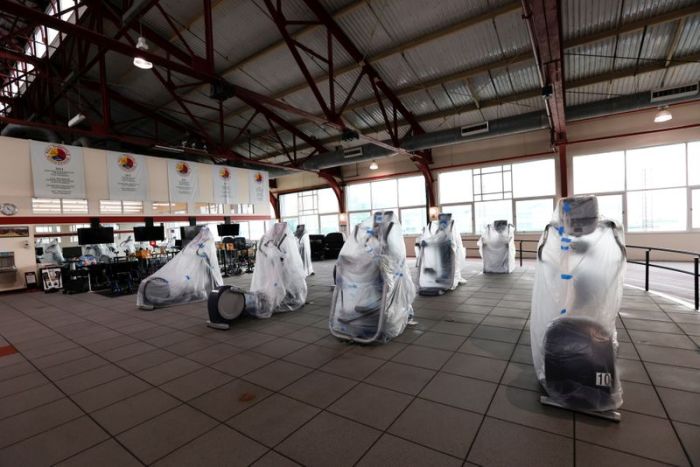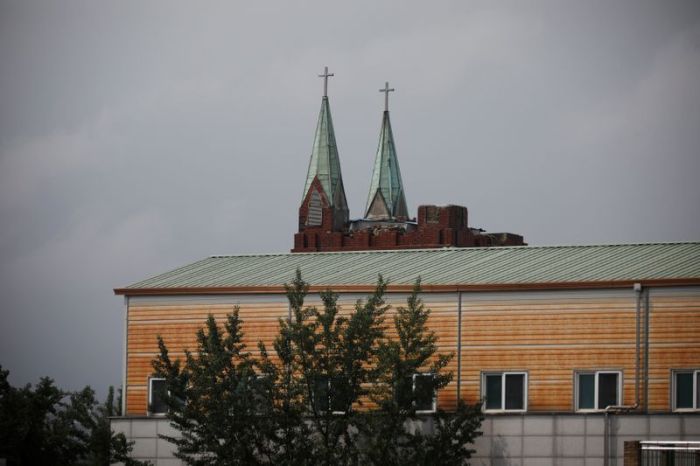(Reuters) – Here’s what you need to know about the coronavirus right now:
New, milder, virus variant found
Researchers in Singapore have discovered a new variant of the COVID-19 coronavirus that causes milder infections, a study published in The Lancet medical journal found.
The study showed that COVID-19 patients infected with the variant of SARS-CoV-2 had better clinical outcomes, with a lower proportion developing low blood oxygen or requiring intensive care.
The study also showed the variant elicited a more robust immune response.
The variant, which likely came from Wuhan, China, was detected in a cluster of infections from January to March 2020. An expert told Reuters this week that mutations in viruses may be “a good thing”.
Myanmar locks down Rakhine state capital
Myanmar has locked down the state capital of conflict-torn Rakhine state after an outbreak of a coronavirus strain that officials said was more infectious than that previously seen in the country.
Nineteen people have tested positive for the virus in the western region since Monday, health officials said on Friday, the first local transmission in Myanmar in months, bringing the total number of cases to 409.
Myat Htut Nyunt, deputy director at Myanmar’s medical research department, said the type of virus was the same as a mutation detected earlier this week in Malaysia, which has been found in Europe, North America, and parts of Asia and is thought to be more infectious.
Record daily cases in Poland
Poland reported 903 new coronavirus cases on Friday, the Health Ministry’s Twitter account said, the highest daily increase since the pandemic began.
The record comes days after the health minister resigned and as Poland braces for the school year starting on Sept.1.
The health ministry data showed the biggest increase in the south of Poland, including the mining region Silesia, which has been hit hard by the COVID-19 crisis as many miners caught the disease and mining operations were closed.
Outbreaks have become more dispersed and mostly stem from gatherings, such as weddings, crowded work places and organised holidays.
Masks off again in Beijing
Health authorities in Beijing have removed a requirement for people to wear masks outdoors, further relaxing rules aimed at preventing the spread of the novel coronavirus after the city reported 13 consecutive days without new cases.
It is the second time Beijing’s health authorities have relaxed guidelines on mask-wearing in the Chinese capital, which has largely returned to normal operations after two rounds of lockdowns brought the city to a standstill.
Despite the relaxed guidelines, a large proportion of people continued to wear masks in Beijing on Friday. Some said the mask made them feel safe, while others said social pressures to wear the masks were also a factor.
Doctors strike in Nairobi
Doctors in most public hospitals in Kenya’s capital went on strike on Friday to protest against delayed salaries and a lack of protective equipment when handling patients who may have COVID-19.
The strike began at midnight on Friday, said Thuranira Kaugiria, secretary general for the Kenya Medical Practitioners, Pharmacists and Dentists Union.
He said 320 doctors employed by the Nairobi County government were taking part in the strike because they had inadequate health insurance, poor quality protective gear and not enough isolation wards to treat COVID-19 patients.
(Compiled by Linda Noakes; editing by Barbara Lewis)






















